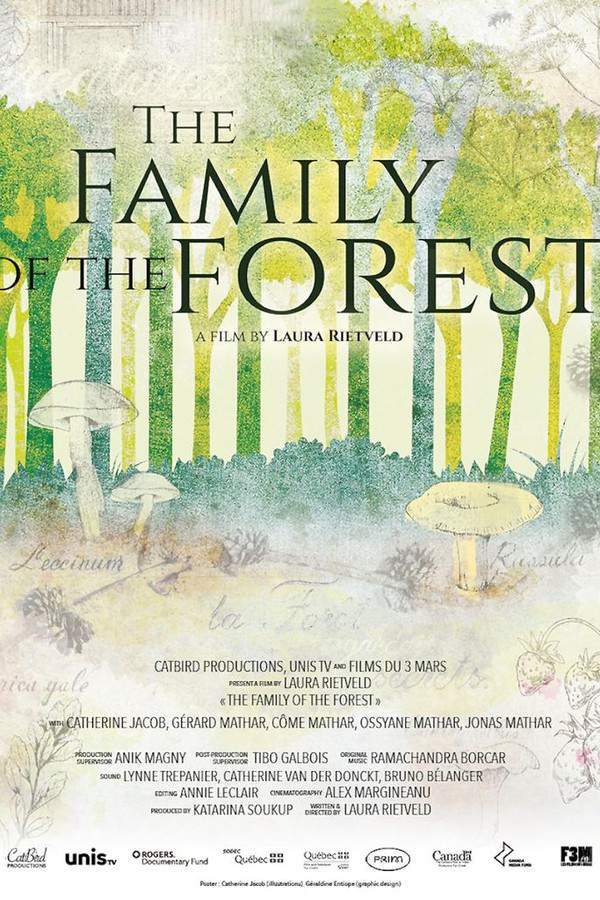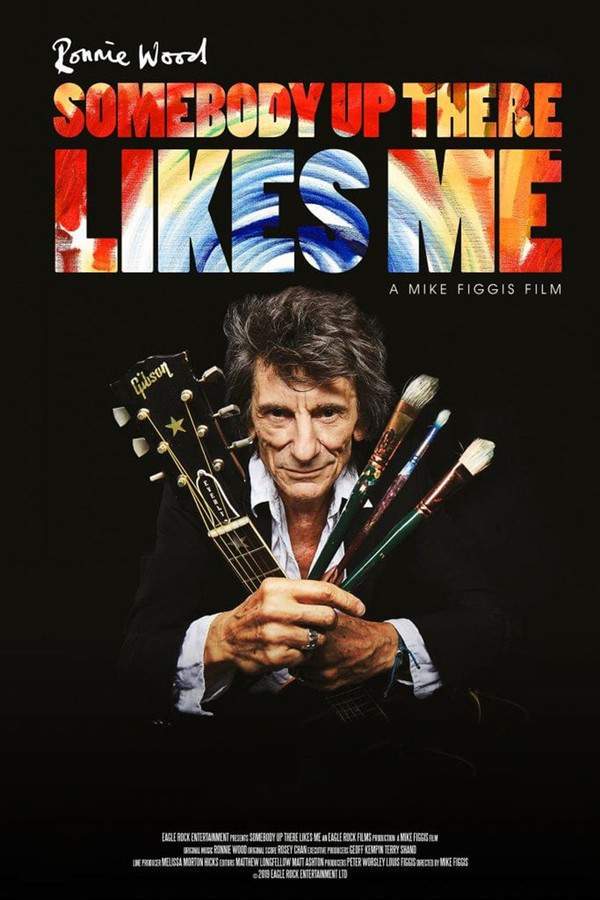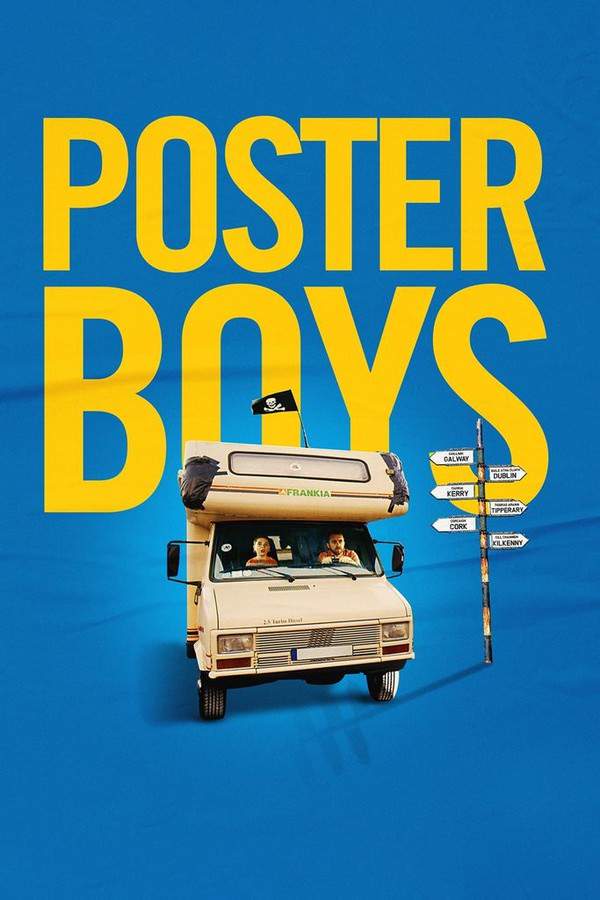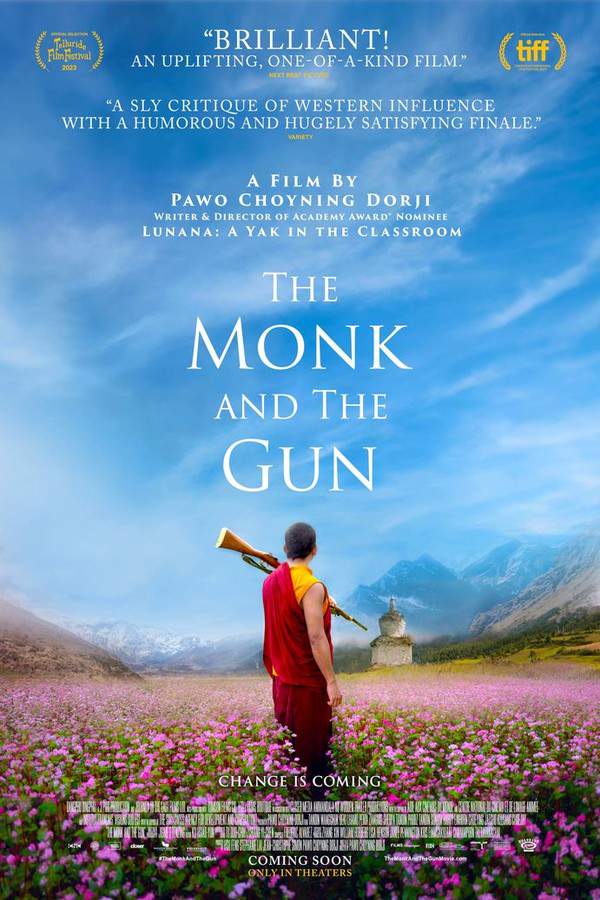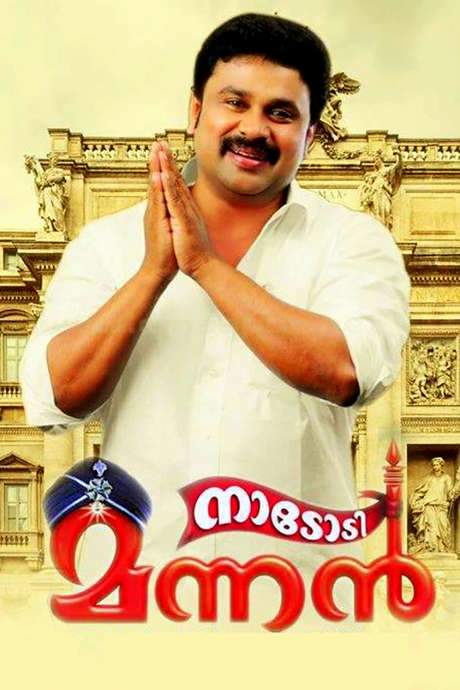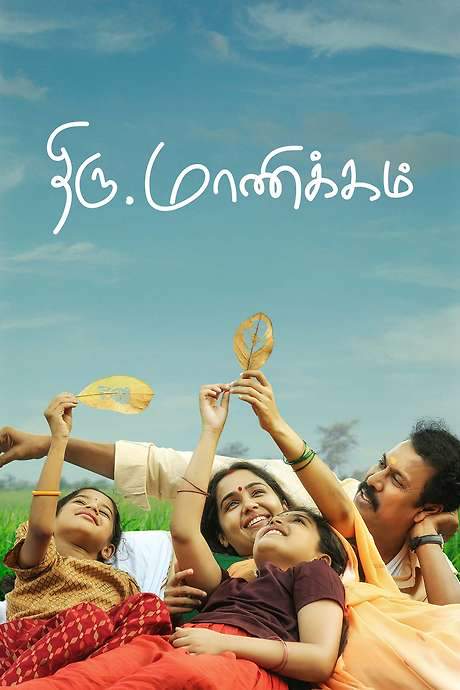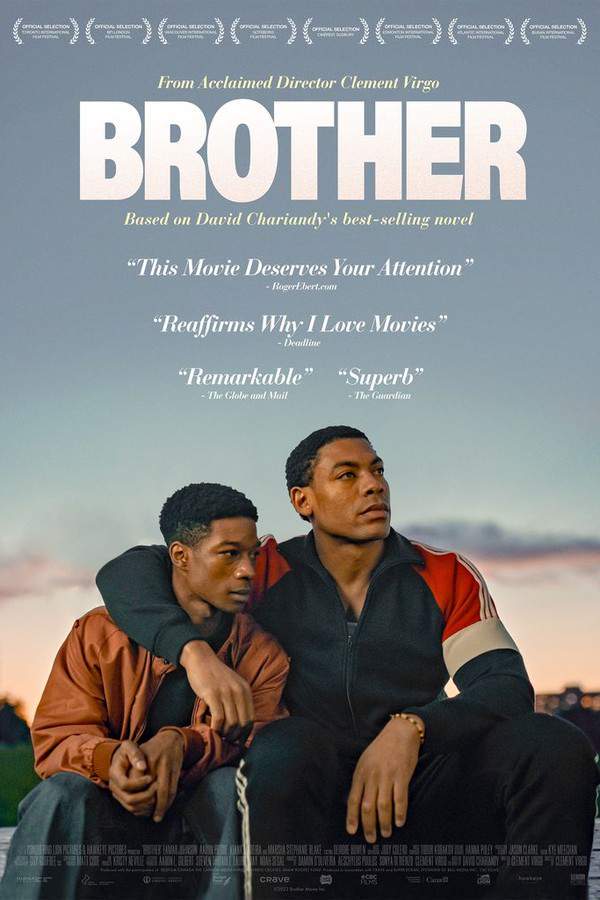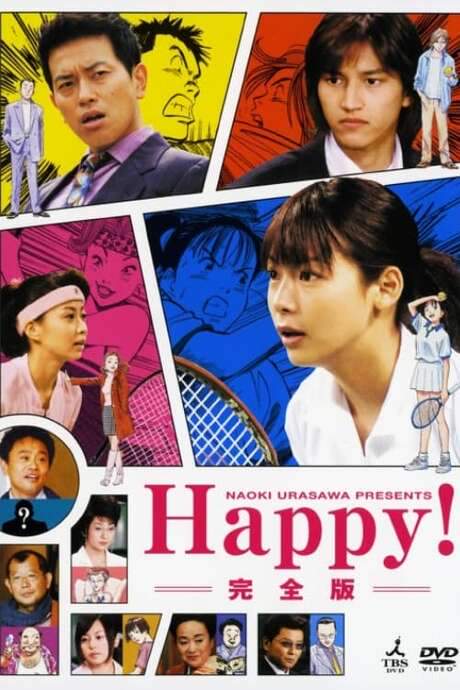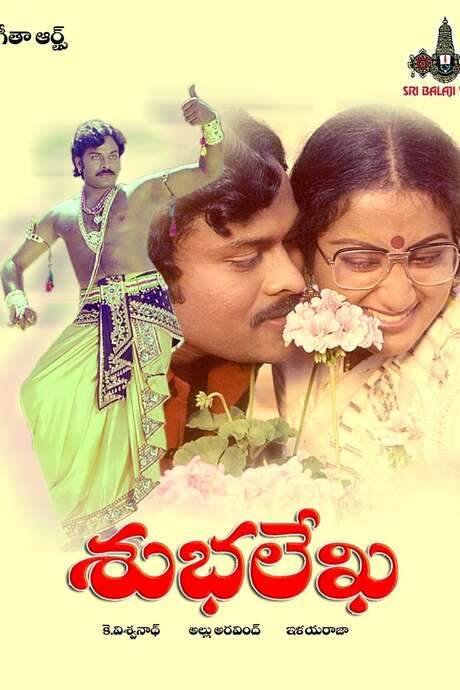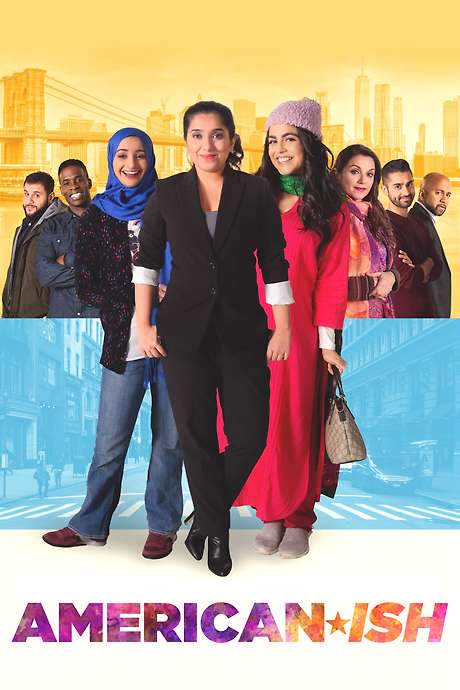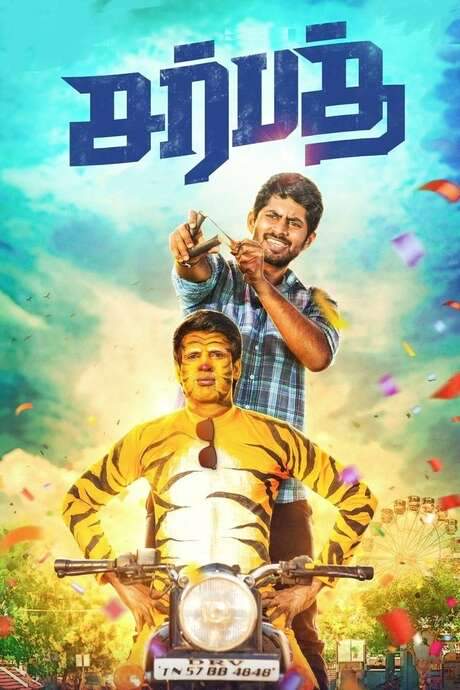
Gali Gali Chor Hai
Year: 2012
Runtime: More mins
Language: Hindi
Director: Rumi Jaffery
Bharat, a bank cashier and part‑time actor who plays Hanuman in the local Ram‑Leela, yearns to be the lead Ram. His ambitious wife Nisha pushes for his promotion. When his table‑fan is stolen, he becomes tangled in a corrupt network of bribes, criminals and police to retrieve it. His breaking point exposes the rot and upends the system.
Warning: spoilers below!
Haven’t seen Gali Gali Chor Hai yet? This summary contains major spoilers. Bookmark the page, watch the movie, and come back for the full breakdown. If you're ready, scroll on and relive the story!
Timeline & Setting – Gali Gali Chor Hai (2012)
Explore the full timeline and setting of Gali Gali Chor Hai (2012). Follow every major event in chronological order and see how the environment shapes the story, characters, and dramatic tension.
Last Updated: October 03, 2025 at 06:33
Main Characters – Gali Gali Chor Hai (2012)
Meet the key characters of Gali Gali Chor Hai (2012), with detailed profiles, motivations, and roles in the plot. Understand their emotional journeys and what they reveal about the film’s deeper themes.
Last Updated: October 03, 2025 at 06:33
Major Themes – Gali Gali Chor Hai (2012)
Explore the central themes of Gali Gali Chor Hai (2012), from psychological, social, and emotional dimensions to philosophical messages. Understand what the film is really saying beneath the surface.
Last Updated: October 03, 2025 at 06:33
Explore Movie Threads
Discover curated groups of movies connected by mood, themes, and story style. Browse collections built around emotion, atmosphere, and narrative focus to easily find films that match what you feel like watching right now.
Movies like Gali Gali Chor Hai about an ordinary person fighting the system
An unassuming person takes a stand against a vast network of injustice.If you enjoyed Gali Gali Chor Hai, you'll like these stories where an everyday individual confronts systemic corruption. These movies feature relatable heroes, a steady build-up of tension, and an ultimately uplifting message about standing up for what's right against overwhelming odds.
Narrative Summary
These narratives typically begin with a minor, almost absurd inciting incident that reveals the rot within a societal structure (legal, political, corporate). The protagonist, initially naive or unwilling to engage, is gradually forced to act, navigating a frustrating web of bureaucracy and power. The journey is one of empowerment, culminating in a confrontation that exposes the truth and restores a sense of justice.
Why These Movies?
These films are grouped together because they share a core narrative structure and emotional arc. They balance the frustration of systemic injustice with the hopeful, inspiring journey of an underdog. The pacing is steady, building from a personal problem to a public reckoning, and the tone remains fundamentally optimistic about individual agency.
Satirical social dramas with a hopeful tone like Gali Gali Chor Hai
A cozy domestic setting unravels into a sharp critique of society.Find movies similar to Gali Gali Chor Hai that mix satire with heartfelt drama. These films often start in a familiar, domestic world that is disrupted by societal absurdity, leading to an anxious yet hopeful journey of resistance and personal growth.
Narrative Summary
The narrative pattern involves a protagonist comfortably embedded in their community and family life. A seemingly small external event acts as a catalyst, exposing the hypocrisies of the power structures around them. The story uses satire to highlight the gap between idealized values and grim reality, while the domestic subplot provides emotional grounding and motivation for the protagonist's eventual stand.
Why These Movies?
These movies share a specific tonal blend: they are satirical and critical of society yet remain fundamentally hopeful and grounded by focusing on family and community. The pacing is steady, allowing the satire to build alongside the character's emotional journey from compliance to rebellion. The mix of personal and political stakes makes the conflict deeply engaging.
Unlock the Full Story of Gali Gali Chor Hai
Don't stop at just watching — explore Gali Gali Chor Hai in full detail. From the complete plot summary and scene-by-scene timeline to character breakdowns, thematic analysis, and a deep dive into the ending — every page helps you truly understand what Gali Gali Chor Hai is all about. Plus, discover what's next after the movie.
Gali Gali Chor Hai Summary
Read a complete plot summary of Gali Gali Chor Hai, including all key story points, character arcs, and turning points. This in-depth recap is ideal for understanding the narrative structure or reviewing what happened in the movie.

Gali Gali Chor Hai Timeline
Track the full timeline of Gali Gali Chor Hai with every major event arranged chronologically. Perfect for decoding non-linear storytelling, flashbacks, or parallel narratives with a clear scene-by-scene breakdown.

Gali Gali Chor Hai Spoiler-Free Summary
Get a quick, spoiler-free overview of Gali Gali Chor Hai that covers the main plot points and key details without revealing any major twists or spoilers. Perfect for those who want to know what to expect before diving in.

More About Gali Gali Chor Hai
Visit What's After the Movie to explore more about Gali Gali Chor Hai: box office results, cast and crew info, production details, post-credit scenes, and external links — all in one place for movie fans and researchers.


